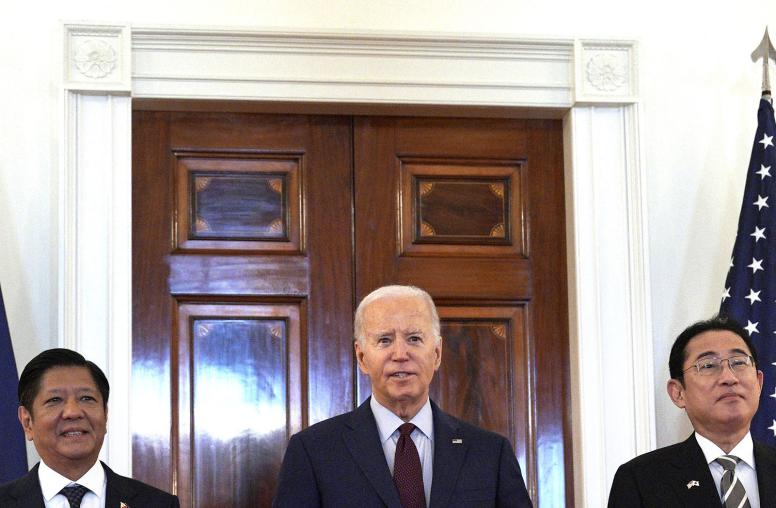Securing Peace in Mindanao: Resolving the Roots of Conflict
Cosponsored by the Asia Society, Woodrow Wilson International Center for Scholars, and the United States Institute of Peace
Going back to the colonial era, one of the longest-running internal conflicts in Asia is the struggle by the Muslims of the southern Philippines for greater autonomy or even independence. This conflict has been given new salience in recent years with allegations of links to international terrorist groups. To explore ongoing efforts to bring peace to Mindanao, the United States Institute of Peace, in cooperation with the Asia Society and the Woodrow Wilson International Center for Scholars, on September 28 co-hosted a special discussion on "Securing Peace in Mindanao: Resolving the Roots of Conflict." Held at the Woodrow Wilson Center, the event featured a panel of distinguished experts who addressed the complexities underlying the Mindanao conflict, the prospects for a sustainable peace policy, and the constructive engagement of the United States in resolving the crisis.
Richard Solomon, president of the U.S. Institute of Peace and former assistant secretary of state for East Asian and Pacific affairs and ambassador to the Philippines, delivered the opening remarks. Commentators included Michael Mastura, president, Sultan Kudarat Islamic Academy Foundation; Abhoud Syed M. Lingga, chairman, Bangsamoro People's Consultative Assembly; Carolyn Arguillas, chairperson, Mindanao News and Information Cooperative Center; and Steven Muncy, executive director, Community and Family Services International. The session was moderated by Eugene Martin, executive director of the Philippine Facilitation Project at the United States Institute of Peace.
Speakers
Opening Remarks
- Richard Solomon
President, United States Institute of Peace; former Assistant Secretary of State for East Asian and Pacific Affairs; and former Ambassador to the Philippines
Commentators
- Carolyn Arguillas
Chairperson, Mindanao News and Information Cooperative Center - Abhoud Syed M. Lingga
Chairman, Bangsamoro People's Consultative Assembly - Michael Mastura
President, Sultan Kudarat Islamic Academy Foundation - Steven Muncy
Executive Director, Community and Family Services International
Moderator
- G. Eugene Martin
Executive Director, Philippine Facilitation Project, United States Institute of Peace
Media Inquiries
Please contact Office of Public Affairs and Communications, 202.429.3832



